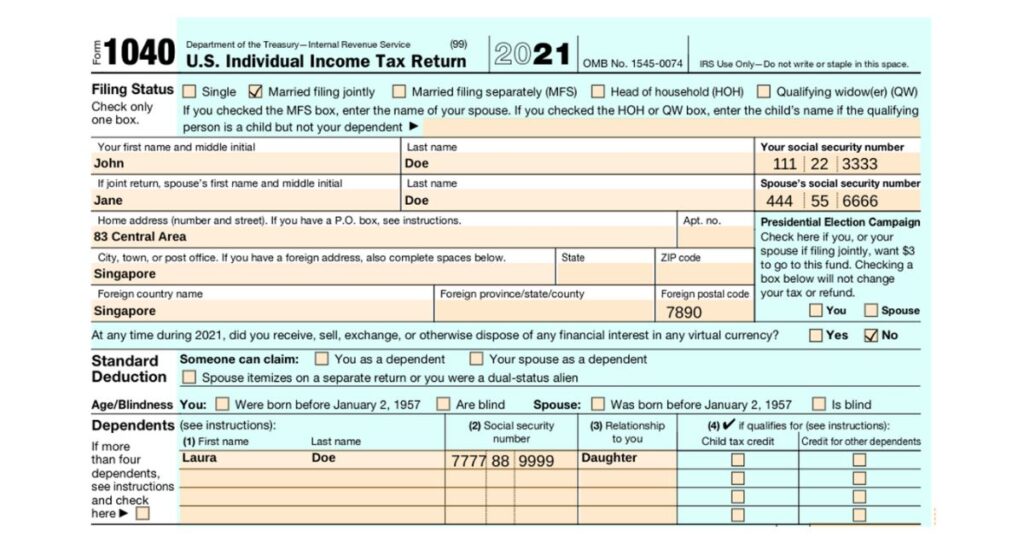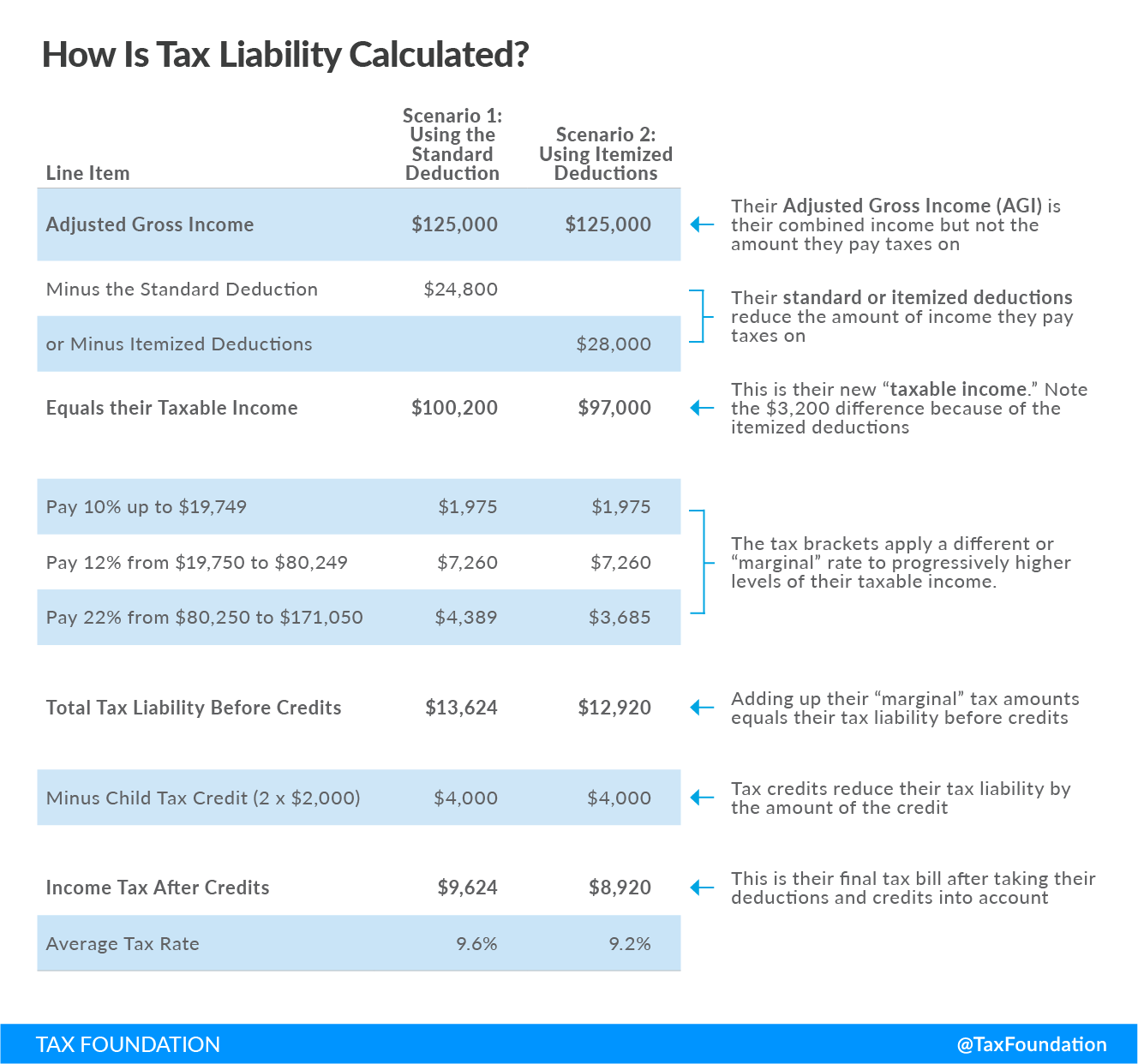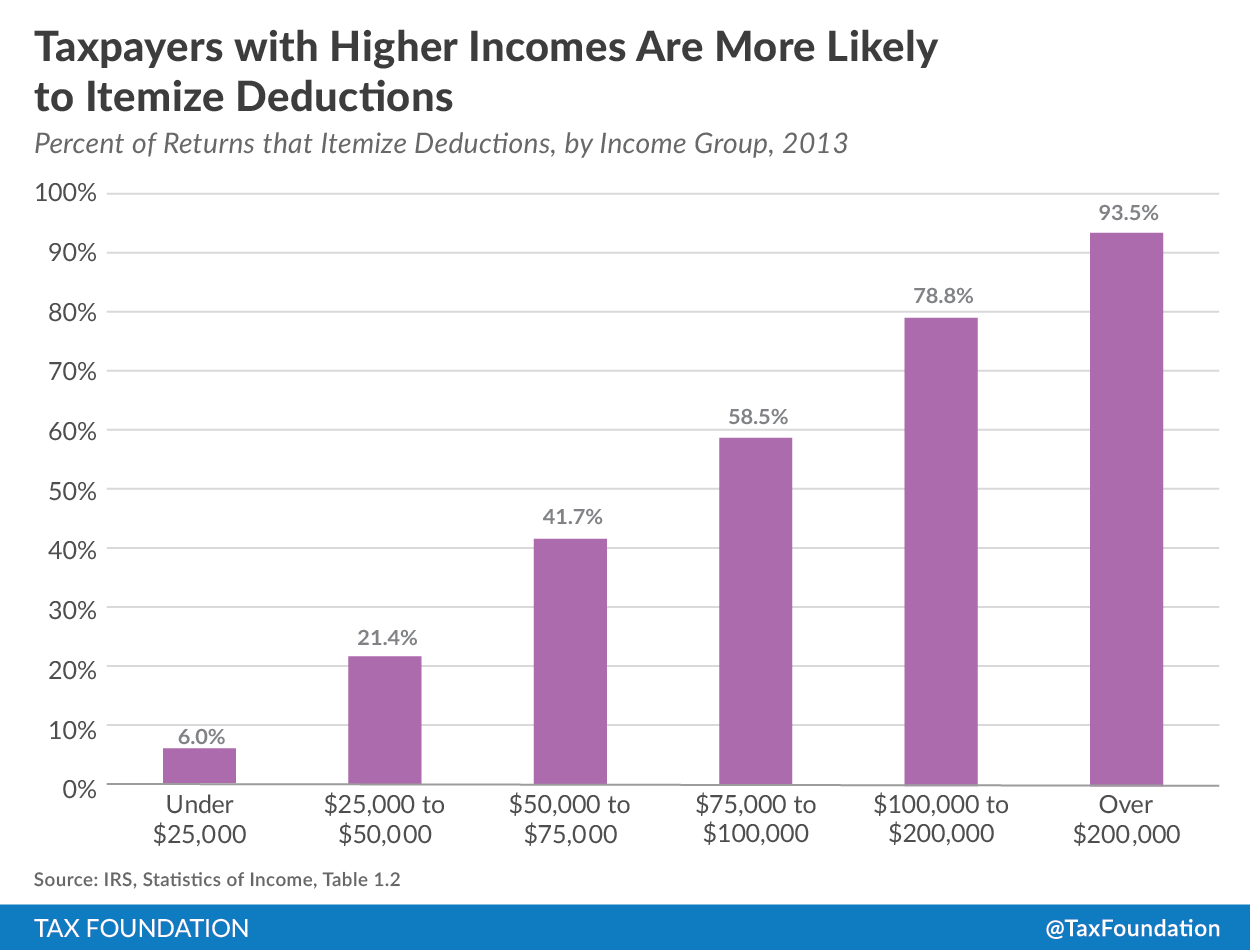Everything about the Foreign Earned Income Exclusion: Optimizing Your Standard Deduction Benefits
The Foreign Earned Revenue Exclusion (FEIE) provides an important possibility for united state citizens living abroad to decrease their tax obligation responsibilities. Comprehending the eligibility standards is important for those looking for to gain from this exclusion. Moreover, declaring the common reduction can improve overall tax obligation advantages. Managing this process involves cautious interest to detail and a recognition of usual challenges. Discovering these facets can provide clarity and maximize prospective tax advantages.
Understanding the Foreign Earned Revenue Exclusion (FEIE)
The Foreign Earned Income Exclusion (FEIE) allows U.S. citizens and resident aliens functioning abroad to leave out a portion of their international profits from government earnings tax. This arrangement offers as a monetary relief system, allowing migrants to retain a larger share of their revenue made in foreign nations. By decreasing gross income, the FEIE helps alleviate the concern of double tax, as people might additionally go through taxes in their host countries. The exemption applies just to made income, that includes earnings, incomes, and professional costs, while easy income and financial investment gains do not qualify. To profit from the FEIE, individuals must submit certain forms with the IRS, outlining their international revenues and residency - FEIE Standard Deduction. Understanding the subtleties of the FEIE can considerably affect monetary planning for U.S. citizens living overseas, making it important for migrants to remain informed regarding this advantageous tax obligation stipulation
Qualification Standards for the FEIE
To receive the Foreign Earned Income Exemption (FEIE), people should satisfy certain qualification requirements. This includes enjoyable residency needs, passing the physical presence test, and developing a tax obligation home in a foreign nation. Each of these aspects plays a vital function in figuring out whether one can gain from the exclusion.
Residency Requirements
Fulfilling the residency requirements is necessary for individuals seeking to receive the Foreign Earned Income Exemption (FEIE) To be qualified, taxpayers have to establish a bona fide home in an international nation or countries for an undisturbed duration that normally extends an entire tax obligation year. This requirement emphasizes the necessity of a deeper connection to the international location, moving beyond mere physical visibility. Individuals should show their intent to stay in the international nation and have actually established their living circumstance there. Aspects such as the size of remain, kind of housing, and regional neighborhood participation are taken into consideration in determining residency. Satisfying these standards is vital, as failure to do so might disqualify one from benefiting from the FEIE.
Physical Presence Examination
Developing qualification for the Foreign Earned Earnings Exemption (FEIE) can likewise be attained through the Physical Presence Test, which requires people to be literally present in an international country for a minimum of 330 complete days during a consecutive 12-month duration. This examination is advantageous for those who may not fulfill the residency demand however still reside abroad. The 330 days should be complete days, implying that any type of day spent in the United States does not count towards this total. It is vital for individuals to preserve precise records of their traveling dates and areas to sustain their insurance claims. Successfully passing this test can substantially lower taxable revenue and enhance economic results for migrants.
Tax Home Location
Tax obligation home place plays a necessary duty in establishing eligibility for the Foreign Earned Revenue Exemption (FEIE) To certify, a private need to establish a tax home in an international country, which suggests their primary workplace is outside the United States. This stands out from a simple residence; the specific should perform their operate in the international country while maintaining a considerable link to it. The IRS requires that the taxpayer can show the intent to stay in the foreign place for an extensive duration. Additionally, keeping a home in the united state can complicate qualification, as it might suggest that the person's real tax obligation home is still in the United States. Comprehending this criterion is critical for taking full advantage of FEIE advantages.
Exactly how to Claim the FEIE on Your Tax Return
Claiming the Foreign Earned Earnings Exemption (FEIE) on a tax return needs mindful attention to detail and adherence to details IRS standards. Taxpayers need to first validate qualification by meeting either the authentic house test or the physical presence examination. When eligibility is verified, they have to complete internal revenue service Type 2555, which information international gained earnings and relevant information concerning their tax obligation home.
It is necessary to report all international earnings properly and maintain suitable documents to support claims. Taxpayers ought to likewise recognize the optimal exclusion limit, which is subject to annual modifications by the internal revenue service. Filing Kind 2555 alongside the annual income tax return permits taxpayers to omit a part of their foreign earnings from united state tax. It is advisable to consult a tax obligation specialist or IRS resources for updated information and guidance on the FEIE procedure, assuring conformity and maximization of prospective benefits.

The Requirement Deduction: What You Required to Know
Just how does the conventional reduction influence taxpayers' total financial circumstance? The common reduction functions as a significant tax obligation benefit, reducing gross income and possibly lowering tax obligation liabilities. For the tax year 2023, the common reduction is evaluated $13,850 for solitary filers and $27,700 for couples submitting jointly. This reduction streamlines the filing process, as taxpayers can opt for it as opposed to making a list of reductions, which calls for comprehensive record-keeping.

Taxpayers making international income may still declare the common deduction, benefiting from reduced taxable revenue also while using the Foreign Earned Earnings Exclusion (FEIE) Nevertheless, it is necessary to keep in mind that the basic reduction can not be integrated with itemized reductions for the very same tax year. Comprehending the standard reduction allows taxpayers to make enlightened choices concerning their tax approaches, making best use of available advantages while guaranteeing compliance with Internal revenue service policies.
Approaches for Maximizing Your Reductions
Making best use of deductions under the Foreign Earned Revenue Exclusion requires a clear understanding of made income limitations and the benefits of declaring housing exclusions. In addition, utilizing Kind 2555 successfully can improve the capacity for considerable tax financial savings. These techniques can greatly influence the general tax liability for migrants.
Understand Earned Revenue Limits
While lots of migrants seek to decrease their tax obligation burden, understanding the gained income limitations is crucial for efficiently leveraging the Foreign Earned Revenue Exemption. The Internal Earnings Solution (INTERNAL REVENUE SERVICE) establishes details limits that determine the optimum quantity of international gained earnings eligible for exemption. For the tax obligation year 2023, this limit is $120,000 per qualified person. Surpassing this limit might lead to tax on the revenue above the restriction, reducing the benefits of the exclusion. To take full advantage of deductions, expatriates should maintain exact records of their foreign earned income and assess their eligibility for the exemption annually. Strategic planning around these limits can significantly improve tax obligation cost savings, enabling expatriates to optimize their financial situation while Website living abroad.
Claiming Housing Exclusion Benefits
Several migrants ignore the prospective benefits of claiming the Housing Exclusion, which can substantially reduce their gross income. This exemption enables individuals living abroad to deduct particular real estate costs from their gross earnings, making it much easier to satisfy monetary responsibilities without sustaining substantial tax obligation responsibilities. To optimize this benefit, expatriates must confirm they qualify based on their home and employment situations. Additionally, comprehending eligible costs-- such as rent, utilities, and upkeep-- can enhance the overall deduction. Maintaining thorough documents of these expenses is important for confirming cases. By strategically steering via the Housing Exemption, expatriates can notably reduce their tax obligation worry and keep more of their profits while living overseas, inevitably boosting their financial wellness.
Utilize Kind 2555 Effectively
Making use of Type 2555 successfully can significantly improve the monetary advantages readily available to expatriates, particularly after benefiting from the Housing Exclusion. This form enables people to declare the Foreign Earned Income Exclusion, which can greatly lower taxed revenue. To take full advantage of deductions, migrants must validate they meet the certifications, including the physical presence test or the bona fide home examination. It is necessary to properly report all international earned income and to maintain detailed documents of qualification. Furthermore, making use of the Housing Exemption in tandem with Form 2555 can further reduce overall tax obligation responsibility. By recognizing the intricacies of these kinds, expatriates can maximize their tax scenario and maintain more of their hard-earned income while living abroad.
Common Pitfalls to Prevent When Declaring Your Taxes Abroad

Regularly Asked Concerns
Can I Claim Both FEIE and the Foreign Tax Obligation Credit Report?
Yes, an individual can claim both the Foreign Earned Revenue Exemption (FEIE) and the Foreign Tax Obligation Credit Report (FTC) Nevertheless, they need to ensure that the same revenue is not made use of for both benefits to avoid double advantages.
What Occurs if I Go Beyond the FEIE Income Limit?
Exceeding the Foreign Earned Earnings Exemption (FEIE) revenue limit results in the ineligibility for the exclusion on the excess amount. This might bring about gross income in the Resources United States, needing proper tax obligation filings.
Exist Any State Tax Obligation Implications for FEIE?
State tax implications for the Foreign Earned Revenue Exemption (FEIE) differ by state. Some states might tax foreign earnings while others adhere to federal exemptions, making it vital for people to consult state-specific tax guidelines for quality.

How Does FEIE Affect My Social Protection Benefits?
The Foreign Earned Earnings Exemption (FEIE) does not straight influence Social Safety and security benefits. Nevertheless, income left out under FEIE may impact the calculation of average indexed regular monthly incomes, possibly influencing future benefits.
Can I Revoke My FEIE Election After Claiming It?
Yes, an individual can withdraw their International Earned Revenue Exemption (FEIE) election after claiming it. This cancellation should be done in writing and submitted to the internal revenue service, sticking to specific guidelines and deadlines.
Recognizing the Foreign Earned Income Exemption (FEIE)
The Foreign Earned Income Exclusion RevenueExemption) allows U.S. permits and resident aliens working abroad functioning exclude a leave out of part foreign earnings from federal income governmentEarnings Taxpayers earning international earnings might still declare the common deduction, benefiting from lowered taxed income also while using the Foreign Earned Income Exclusion (FEIE) Maximizing reductions under the Foreign Earned Earnings Exclusion requires a clear understanding of gained revenue restrictions and the advantages of asserting housing exemptions. While several migrants seek to decrease their tax obligation problem, recognizing the gained income limits is important for efficiently leveraging the Foreign Earned Revenue Exclusion. Exceeding the Foreign Earned Earnings Exclusion (FEIE) revenue limit results in the ineligibility for the exclusion on the excess quantity.